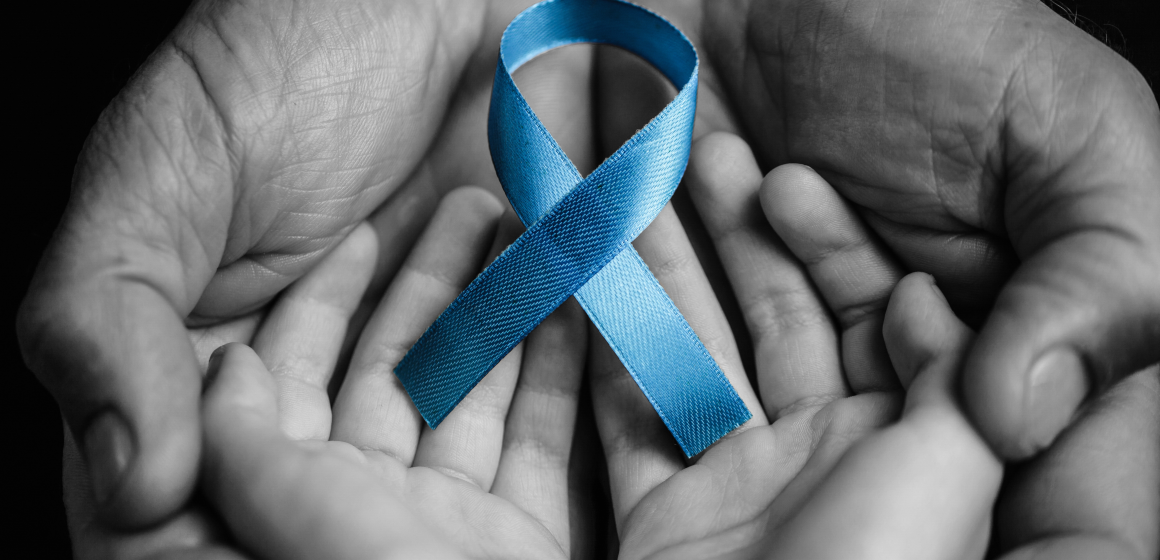World Cancer Day is an international day marked on 4 February to raise cancer awareness and encourage its prevention, detection, and treatment.
World Cancer Day was announced on 4 February 2000 at the World Summit Against Cancer for the New Millennium in Paris. The Paris Charter aims to promote research, prevent cancer, improve patient services, raise awareness and mobilise the global community to make progress against cancer, and includes the adoption of World Cancer Day.
The European Commission and the Organisation for Economic Co-operation and Development (OECD) presented the first Country Cancer Profiles under the European Cancer Inequalities Registry for all EU Member States, Norway and Iceland.
The Profiles serve as a tool to identify inequalities in cancer prevention and care. They shed light on key achievements, challenges and disparities within each country and compare the findings for individual countries to the situation in the EU as a whole. This can support policymakers and help guide investment and interventions at regional, national and EU levels under Europe’s Beating Cancer Plan.
Europe’s Beating Cancer Plan is a key pillar of the European Health Union. Launched in 2021, the Cancer Plan sets out a new EU approach to cancer prevention, treatment, and care through an integrated, health-in-all-policies, and multi-stakeholder approach.
The Profiles are being launched during a high-level conference in the framework of Europe’s Beating Cancer Plan: ‘Conference on cancer – Equity, excellence and innovation: modern cancer care for all’, co-organised by the Commission and the Swedish Presidency of the Council of the European Union.
The Profiles highlight important facts as follows:
- Representing 26% of all deaths, cancer is the second cause of mortality in the EU after circulatory diseases.
- There is almost a two-fold difference in cancer mortality across countries, and there are wide disparities in cancer mortality across gender.
- There are broad socio-economic inequalities in cancer mortality. Such disparities are partly explained by differences in exposure to risk factors such as smoking, obesity, harmful alcohol consumption or air pollution. Overall risk factors tend to be more prevalent among men and among low-income and low-education groups.
- The challenges EU countries face in providing high-quality cancer care differ. Some countries are well equipped, but face shortages in qualified health care staff, while others have a high number of qualified physicians, but lack, for example, radiation therapy equipment.
- Spending on prevention increased over the past years. However, it still only accounts for 3,4% of overall health spending.
Source: An official website of the European Commission, “Europe’s Beating Cancer Plan: Commission presents first Country Cancer Profiles under the European Cancer Inequalities Registry”. Press release on 1 February 2023. Access date on 2 February 2023. Available at <https://ec.europa.eu/commission/presscorner/detail/en/ip_23_421>


